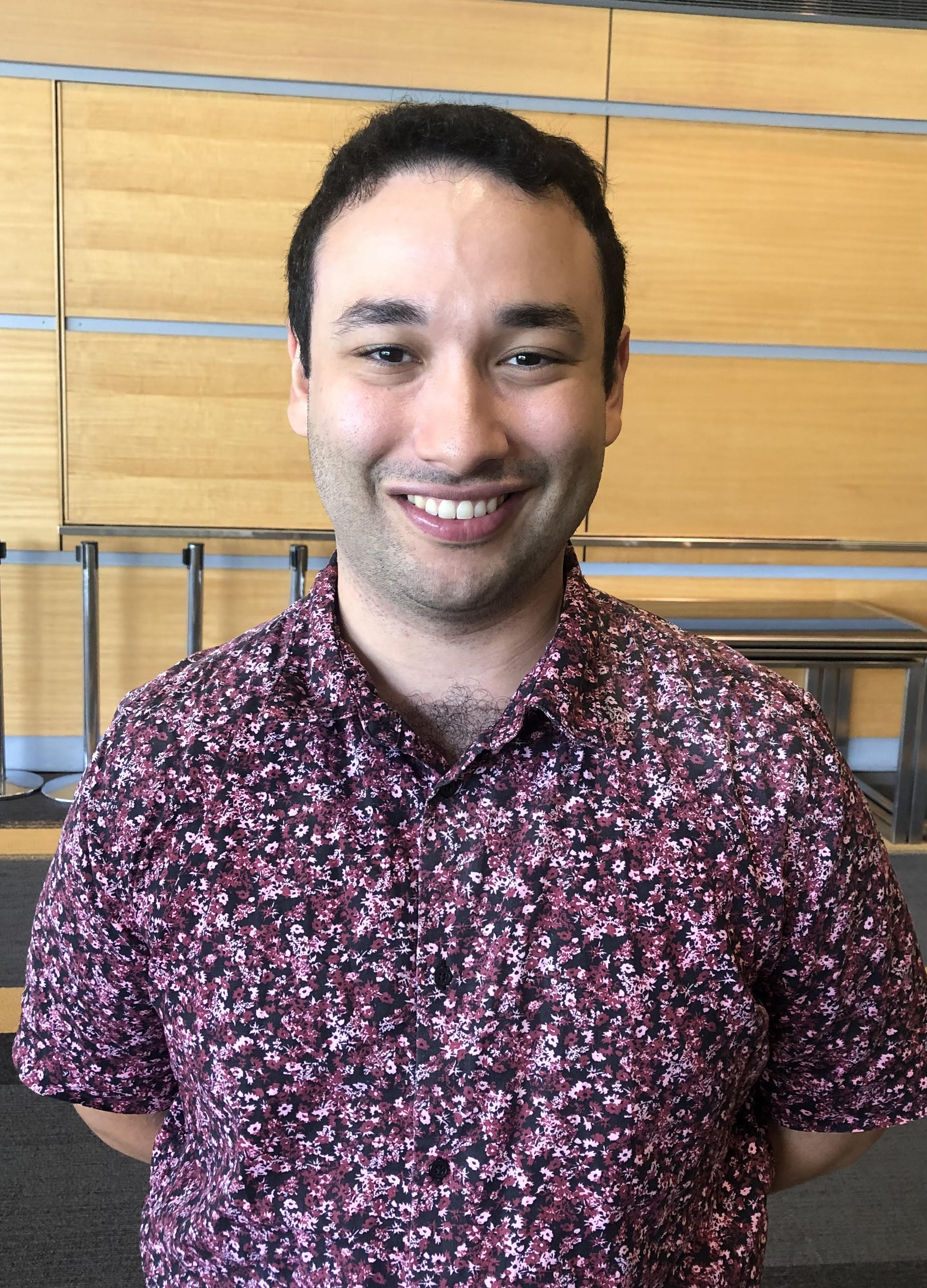
Professor Benedict Devereaux
GESA has announced a second Rural, Regional and Indigenous Health Fellowship will be on offer in 2024.
The position, to be based at Alice Springs, builds on the success of the inaugural fellowship this year in Darwin and is supported by other components of the GESA Rural, Regional and Indigenous Health Program [link here].
Speaking to the limbic at AGW 2023, outgoing president Professor Ben Devereaux said he was pleased to have been able to deliver on his commitment made two years ago to strengthen GESA’s support for rural, regional and Indigenous Australians.
“How do you achieve a big project? Do you have a think tank and a whiteboard and a business case and a pitch and hit a wall? Or do you just say this is important and we’re just going to do it? And so we just did it. We built the relationship with Alice, we built the relationship with NT Health and now we’ve got a much more robust infrastructure to actually make this work long term.”
Dr Richard Johnson, executive director of medical services at Alice Springs Hospital, told the limbic that the services the Fellows provide, the training and supervision they receive, and any research involvement have yet to be finalised.
However it was likely that the two Fellows will gain experience at both sites given the differences in terms of the health system infrastructure but also in the patient population.
“So roughly 25% of the Territory population are Aboriginal, but those proportions are different in the city and in Central Australia. There’s the southern two thirds of the Territory where it’s more like 40% and out in remote communities it’s over 90% and the diseases and stage of disease they present with is a different picture than a Caucasian population for example, or a city population,” he said.
Professor Devereaux said the Fellowships were aimed at people with an interest in gastroenterology and in regional, remote and Indigenous health.
“What we can do is provide them with experience and because they’re in a smaller center, they’ll get a lot of clinical exposure across a broad spectrum of disease processes. And then GESA supports them with the Travelling Professor Program and with the Endoscopy Outreach Program so it’s an integrated system. This is the perfect opportunity for them.”
